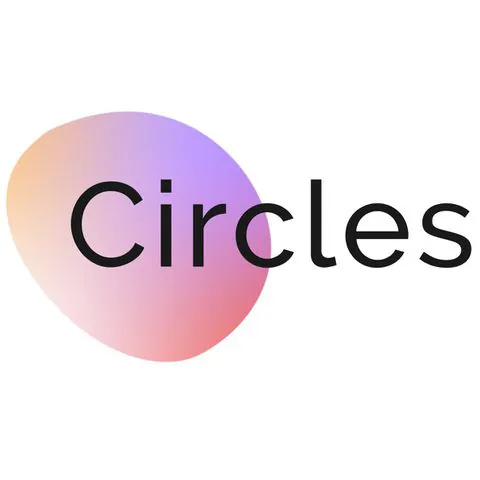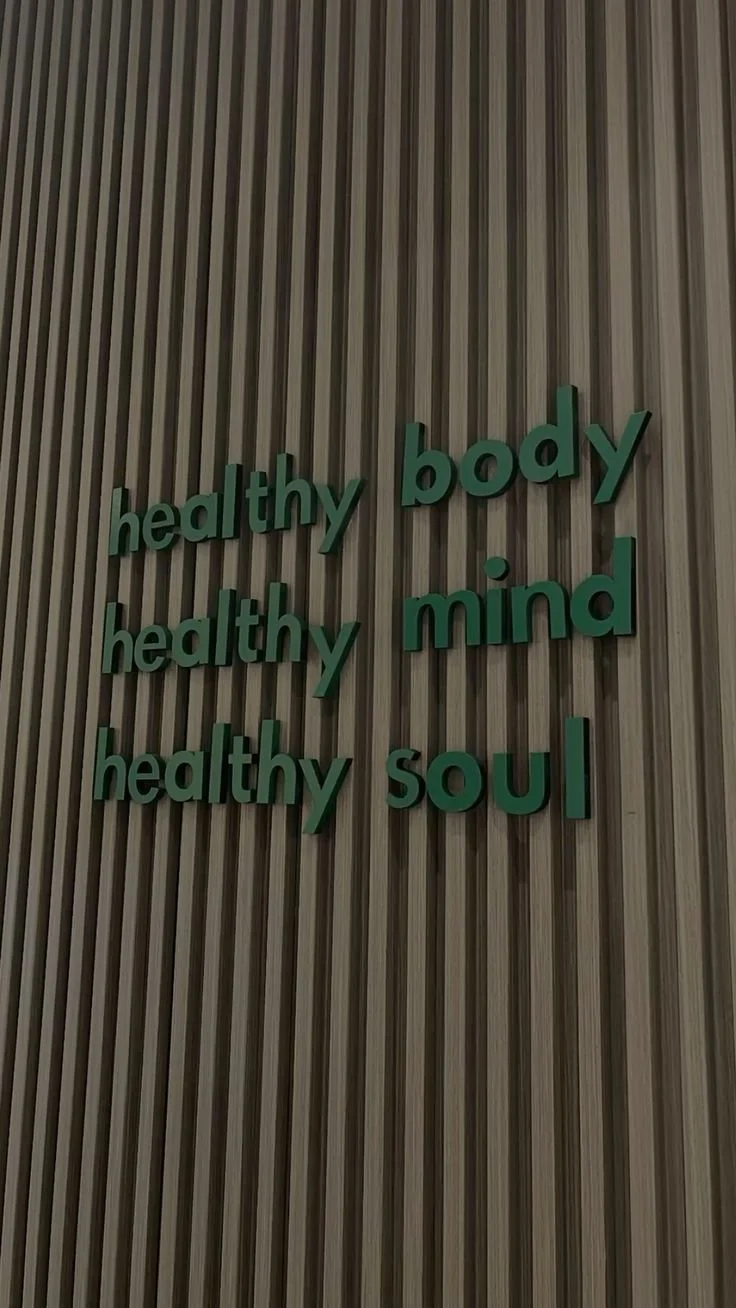Healing Through Understanding And Personal Growth
Healing is not a destination—it is a journey marked by self-discovery, emotional resilience, and the quiet strength to confront life’s most difficult moments. Whether one is recovering from emotional trauma, battling addiction, or navigating the aftermath of personal hardship, the path to healing is rarely linear. It demands more than time; it calls for deep introspection, personal development, and the support of others.
In this article, we explore how understanding oneself and embracing personal growth are essential components of the healing process. By cultivating emotional awareness, seeking meaningful support, and practicing self-compassion, individuals can transform pain into purpose and emerge stronger from their struggles.
No. 1
Why Understanding Is Essential to Healing
Healing begins with insight. Gaining a clear understanding of the root causes behind emotional pain or destructive behaviors is a powerful first step toward recovery. This process allows individuals to move beyond confusion and self-blame, replacing them with clarity, self-compassion, and purpose.
When people begin to recognize the underlying factors contributing to their struggles—be it unresolved trauma, mental health conditions, or maladaptive coping mechanisms—they unlock the potential for meaningful change.
For instance, individuals facing addiction often discover that substance use is not the core issue but rather a symptom of deeper emotional wounds. By addressing these root causes through introspection and professional guidance, healing becomes not only possible but sustainable.
No. 2
The Role of Personal Growth in Recovery
Healing is not solely about overcoming adversity—it’s about transformation. Personal growth plays a central role in recovery, empowering individuals to evolve into stronger, more self-aware versions of themselves.
Growth involves developing new skills, adopting healthier habits, and reshaping one’s mindset. It might mean learning to manage stress constructively, improving communication in relationships, or discovering new passions that bring joy and purpose.
Each step forward—no matter how small—rebuilds confidence and reinforces a sense of agency. Importantly, personal growth encourages a shift in perspective: challenges are no longer viewed as setbacks but as opportunities for learning and development.
No. 3
How Support Systems Foster Healing
Healing is not a solitary endeavor. A strong support system can make the difference between stagnation and progress. Whether it comes from family, friends, support groups, or professionals, encouragement and connection are vital to recovery.
Sharing experiences with others can alleviate feelings of isolation and offer reassurance that one is not alone. Therapy and counseling provide safe, structured environments to explore emotions, confront fears, and develop effective coping strategies.
Specialized programs, particularly those designed for substance dependency, combine emotional support with practical tools to guide individuals toward lasting recovery. If you or someone you know is facing substance use challenges, seeking help through targeted services like therapy drug addiction programs is crucial. These services address both the physical and psychological dimensions of addiction, fostering deeper understanding and more sustainable healing.
Circles
A safe place to share
or listen anonymously.
Listen, relate and connect with others
in an audio-only setting that shows
only your first name.
No. 4
Developing Emotional Awareness
An often-overlooked aspect of healing is emotional awareness—the ability to recognize, understand, and manage one’s emotions. Many individuals are conditioned to suppress difficult feelings such as anger, sadness, or fear. However, healing requires that these emotions be acknowledged, not avoided.
Emotional awareness involves tuning into what you’re feeling in the moment and exploring the reasons behind those emotions. This awareness provides insight into personal triggers and behavioral patterns, allowing for more thoughtful and intentional responses.
Over time, cultivating emotional awareness leads to healthier habits, improved relationships, and a greater sense of inner peace.
Effective practices for developing emotional awareness include:
Journaling: Writing about your feelings can help clarify and process emotions.
Mindfulness and meditation: These practices encourage presence and non-judgmental observation of thoughts and feelings.
Therapy or counseling: Talking with a professional offers guidance and validation.
Open conversations with trusted individuals: Sharing your emotions with someone you trust can provide perspective and support.
When emotions are understood rather than judged, they lose their power to dictate behavior—and healing can truly begin.
No. 5
Embracing the Journey with Compassion
Healing is rarely a straight line. It involves progress, setbacks, and moments of uncertainty. That’s why self-compassion is essential. Being kind to yourself during difficult times fosters resilience and keeps you grounded in the face of adversity.
It’s important to recognize that everyone’s healing journey is unique. Comparing your progress to others can be discouraging and unproductive. Instead, focus on your own growth, celebrate small victories, and allow yourself the grace to move at your own pace.
By embracing understanding and committing to personal growth, individuals empower themselves to move beyond past pain and build healthier, more fulfilling futures. Healing becomes an active, hopeful pursuit rather than a passive wait for time to do its work.
Takeaways
True healing is a multifaceted process—one that requires self-awareness, personal growth, emotional insight, and the courage to seek support. It’s about more than just overcoming pain; it’s about transforming that pain into strength, wisdom, and purpose.
Understanding the root causes of suffering, developing emotional awareness, and embracing growth are not just steps in recovery—they are the foundation of lasting well-being. With the right tools, support systems, and mindset, healing becomes not only possible but profoundly empowering.
Whether you’re on your own journey or supporting someone else through theirs, remember that healing is not about perfection. It’s about progress, patience, and the belief that change is always within reach.
Looking for Wellness resources?
Are you looking to enhance your wellness routine? Explore our wellness partners who offer a wide range of resources to support your journey toward holistic living and well-being.































